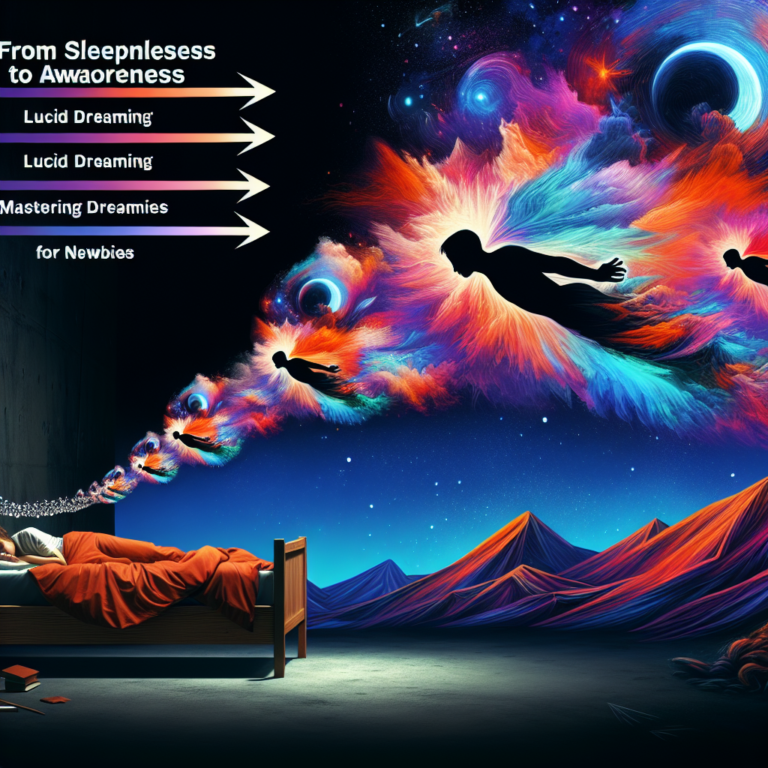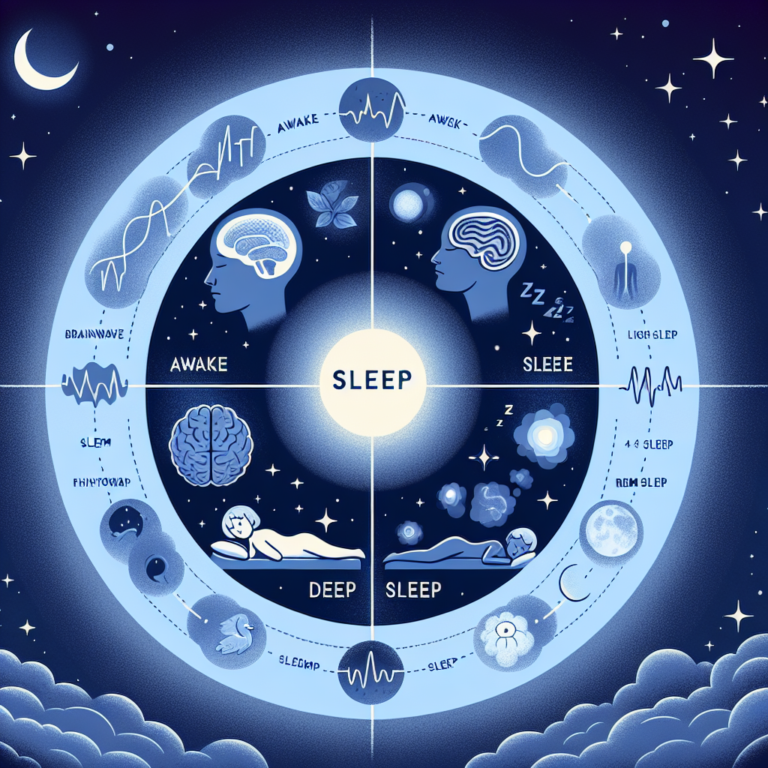
Anger in Check: How Mindfulness Practices Can Change Your Response
Introduction
In the frenetic rush of modern life, it’s easy to feel overwhelmed by anger, whether it’s due to minor inconveniences, frustrations at work, or conflicts in our personal relationships. Anger, when unchecked, can lead to destructive outcomes, impacting not only our well-being but also the lives of those around us. But what if there was a way to navigate through these emotional storms with grace and composure? Enter mindfulness, a powerful practice that can help keep anger in check, transforming your emotional responses and leading to a calmer, more balanced life.
This article delves into the transformative potential of mindfulness in regulating anger. We’ll explore techniques, real-life case studies, and insights into how you can take control of your responses, proving that mindfulness is not merely a trend but an essential practice for emotional health.
Understanding Anger: The Emotional Toolkit
The Nature of Anger
Anger is a natural emotion, often arising as a response to perceived threats, injustices, or frustrations. It’s essential for survival, energizing us to confront challenges. However, unbridled anger can lead to negative outcomes, such as strained relationships and health problems. Recognizing the triggers and manifestations of anger is the first step towards managing it effectively.
Why Mindfulness?
Mindfulness is the practice of being present and fully engaged in the moment, without judgment. It’s about observing thoughts and feelings without becoming consumed by them. The compelling synergy between anger management and mindfulness practices is grounded in the ability to create space between stimulus and response. By cultivating mindfulness, we learn to recognize our anger without being dominated by it.
Key Benefits of Mindfulness for Anger Management
- Increased Awareness: Mindfulness enhances our awareness of bodily sensations, thoughts, and emotions, providing early warning signs of anger.
- Improved Emotional Regulation: Practicing mindfulness aids in regulating emotions, leading to more measured responses during anger-inducing situations.
- Enhanced Empathy: Mindfulness can boost empathy, allowing us to see situations from others’ perspectives and reducing the intensity of our reactions.
Practical Mindfulness Techniques to Keep Anger in Check
1. Mindful Breathing
Technique Overview: Focus on your breath, inhaling deeply through your nose, holding for a moment, and exhaling through your mouth. This practice calms the nervous system.
Real-World Application: Alex, a corporate manager, often found himself angry during meetings. After adopting mindful breathing before discussions, he reports feeling calmer and more composed, resulting in improved team dynamics.
2. Body Scan Meditation
Technique Overview: This involves a systematic focus on different body parts, noticing sensations and tensions, which can reveal buried anger.
Case Study: Sarah, dealing with chronic stress, incorporated body scans into her routine. With time, she was able to identify where she held tension related to her anger, vastly improving her ability to process emotions constructively.
| Mindfulness Technique | Benefits | Real-World Example |
|---|---|---|
| Mindful Breathing | Calms nervous system | Alex’s improved meetings |
| Body Scan Meditation | Identifies tension | Sarah’s awareness of stress |
3. Journaling
Technique Overview: Writing down feelings can provide clarity and insight, allowing for expression without confrontation.
Example: John, a father of two, struggled with anger towards his children. By journaling nightly, he was able to articulate his feelings and understand the underlying causes of his anger, fostering patience and communication with his children.
4. Reflection and Reappraisal
Technique Overview: After experiencing anger, reflect on what triggered it and consider different viewpoints or responses.
Case Study: Emma worked in customer service and often faced irate clients. After a technique of reappraisal, she began viewing their frustration as a reflection of their struggles rather than a personal offense, which significantly reduced her feelings of anger.
5. Scheduled Mindfulness Breaks
Technique Overview: Simple moments of mindfulness throughout the day help maintain emotional equilibrium.
Example: David instituted a 5-minute mindfulness break every hour. He found that these small acts of self-care kept his anger levels in check, making him more approachable and effective in his interactions.
The Science Behind Mindfulness and Anger Management
Neuroplasticity and Mindfulness
Research indicates that regular mindfulness practice can alter brain function and structure, enhancing areas responsible for self-regulation and emotional control. Neuroplasticity explains how practice can rewire our brains, equipping us with the necessary tools to keep anger in check.
Studies Show Results
A study published in the Mindfulness journal found that participants who engaged in mindfulness practices showed significant reductions in anger, hostility, and aggression. Over time, these individuals reported feeling less overwhelmed by their emotions.
Common Misconceptions About Mindfulness
Mindfulness Is Just Meditation: While meditation is a method, mindfulness extends beyond it to everyday activities—it’s about being fully present in any situation.
You Have to Practice for Hours: Even a few minutes of mindfulness can significantly impact your emotional responses.
- Mindfulness Is Only for the Struggling: Mindfulness is beneficial for everyone, promoting mental well-being even in good times.
Frequently Asked Questions (FAQs)
1. Can anger ever be positive?
Yes. When channeled constructively, anger can motivate change or highlight injustices that need addressing.
2. How often should I practice mindfulness to see results?
Daily practice, even if just for ten minutes, can lead to significant changes in your emotional regulation.
3. What if I find it hard to focus during mindfulness practices?
It’s normal. Acknowledge distractions without judgment and gently guide your attention back to your breath or the task at hand.
4. Can mindfulness change my automatic responses to anger?
Yes! Over time, mindfulness can alter your neural pathways, allowing for more thoughtful rather than reactive responses to anger triggers.
5. Is mindfulness a solution for clinical anger issues?
While mindfulness can help, severe anger problems may require professional intervention and a comprehensive approach.
Conclusion
Keeping anger in check doesn’t mean suppressing it; rather, it’s about reshaping how we respond. Anger in Check: How Mindfulness Practices Can Change Your Response is about harnessing the power of the present moment to manage our emotional reactions effectively. By integrating mindfulness practices into daily life, you can cultivate a balanced and compassionate approach to anger, enriching not only your life but also the lives of those around you.
Inspirational Takeaway: Remember, every moment is an opportunity to choose your response. With mindfulness, you hold the power to transform anger into understanding, creating a more harmonious existence with yourself and others.
Embrace the journey towards emotional awareness. Your path to keeping anger in check starts today!

















